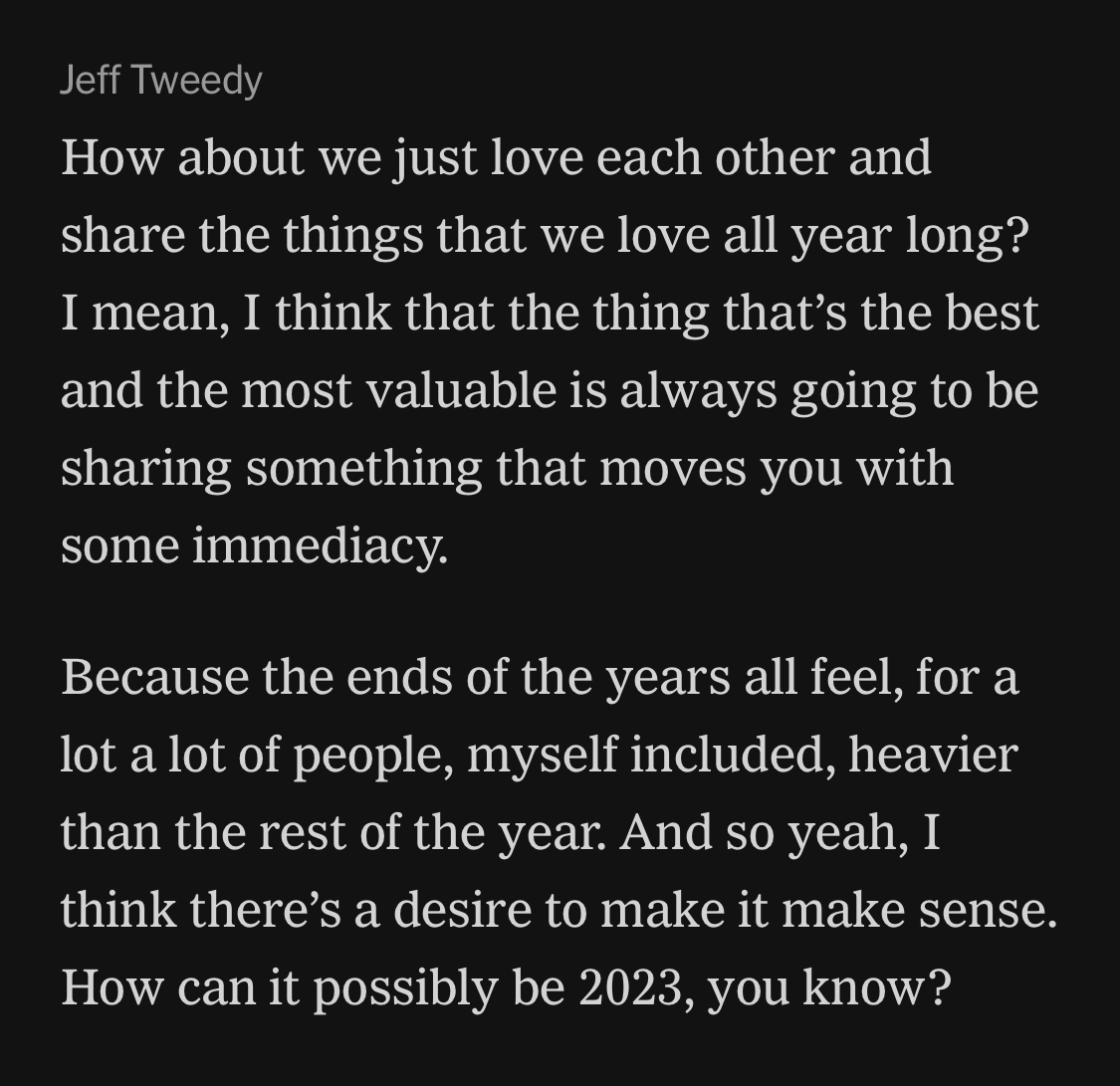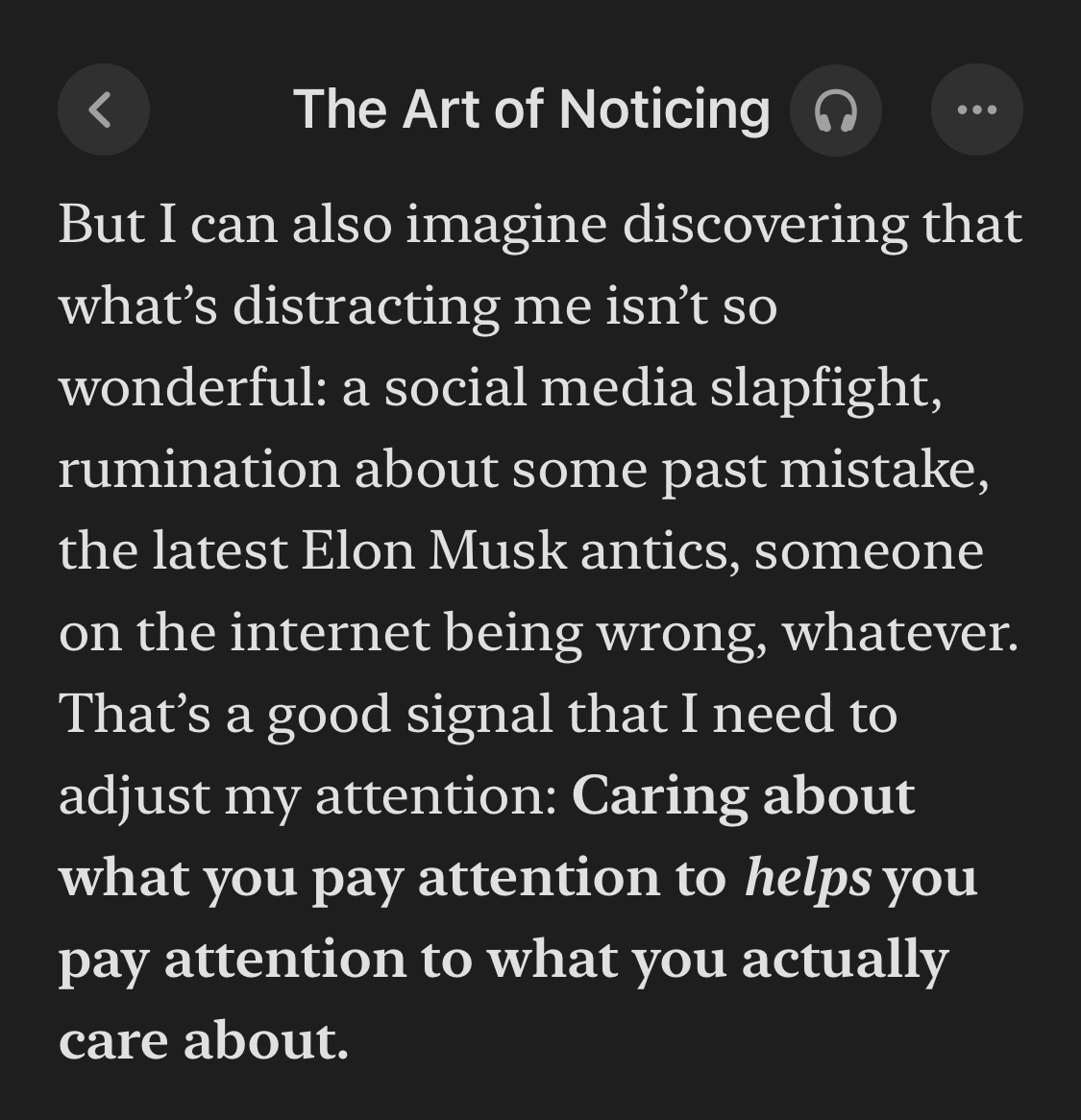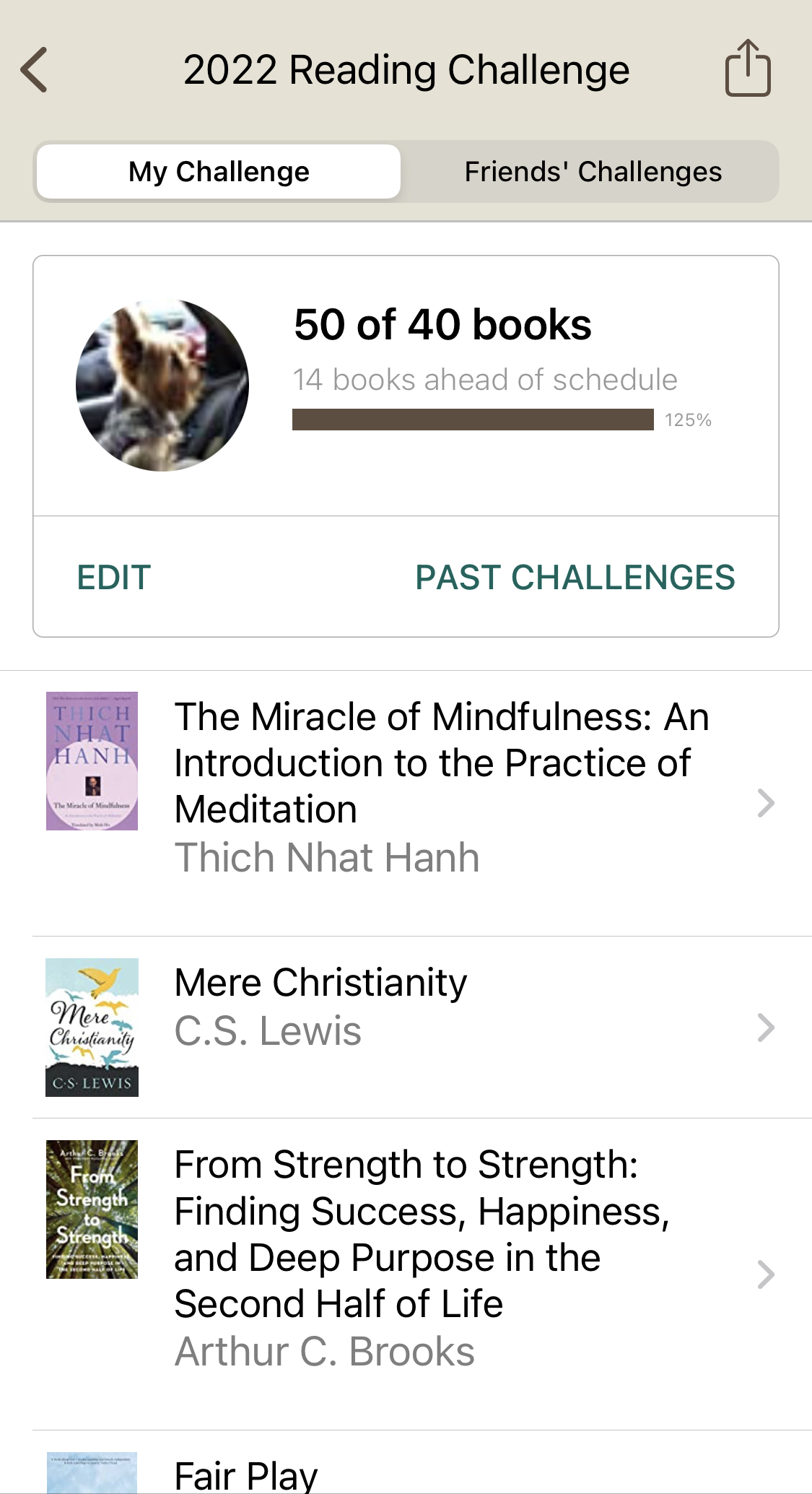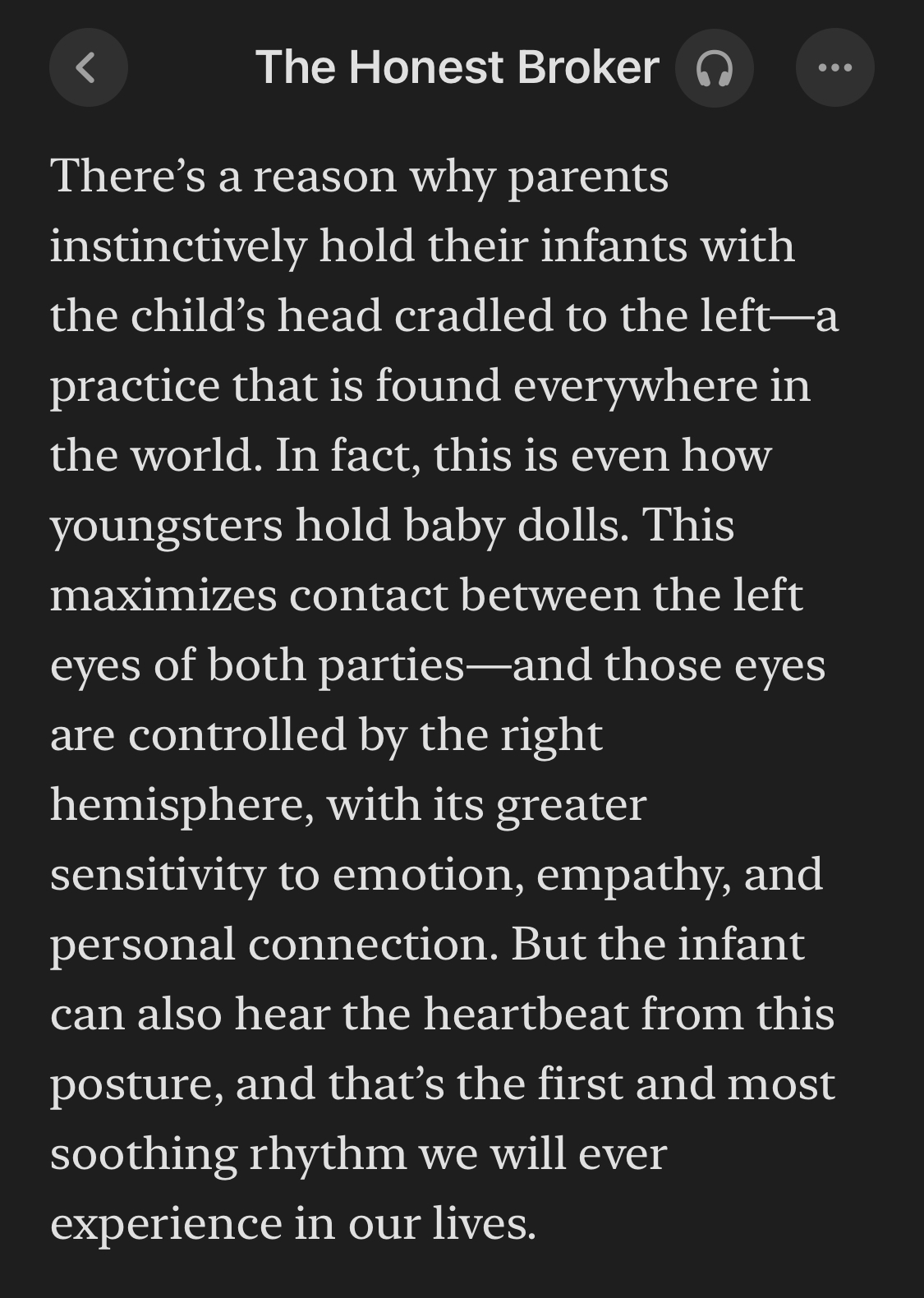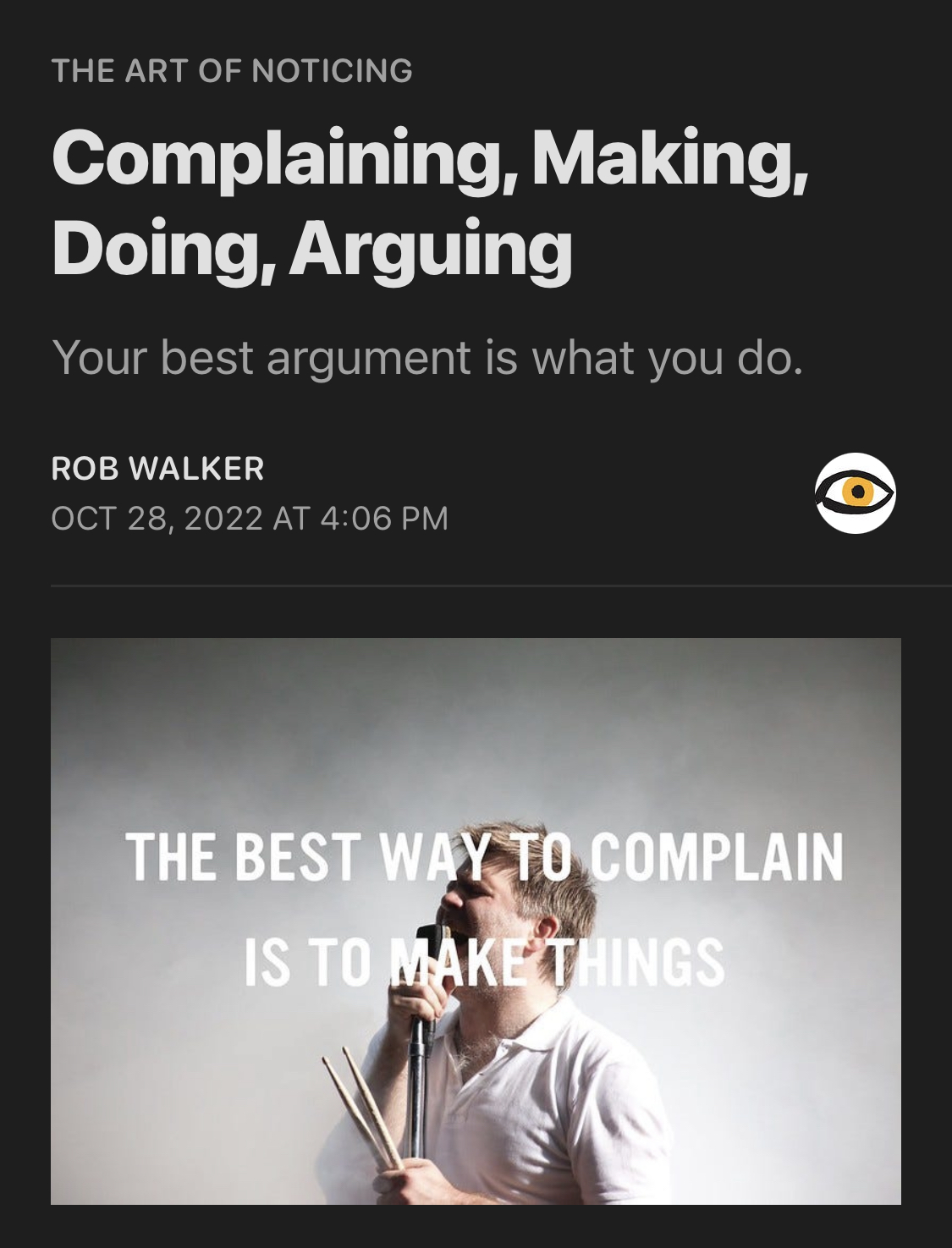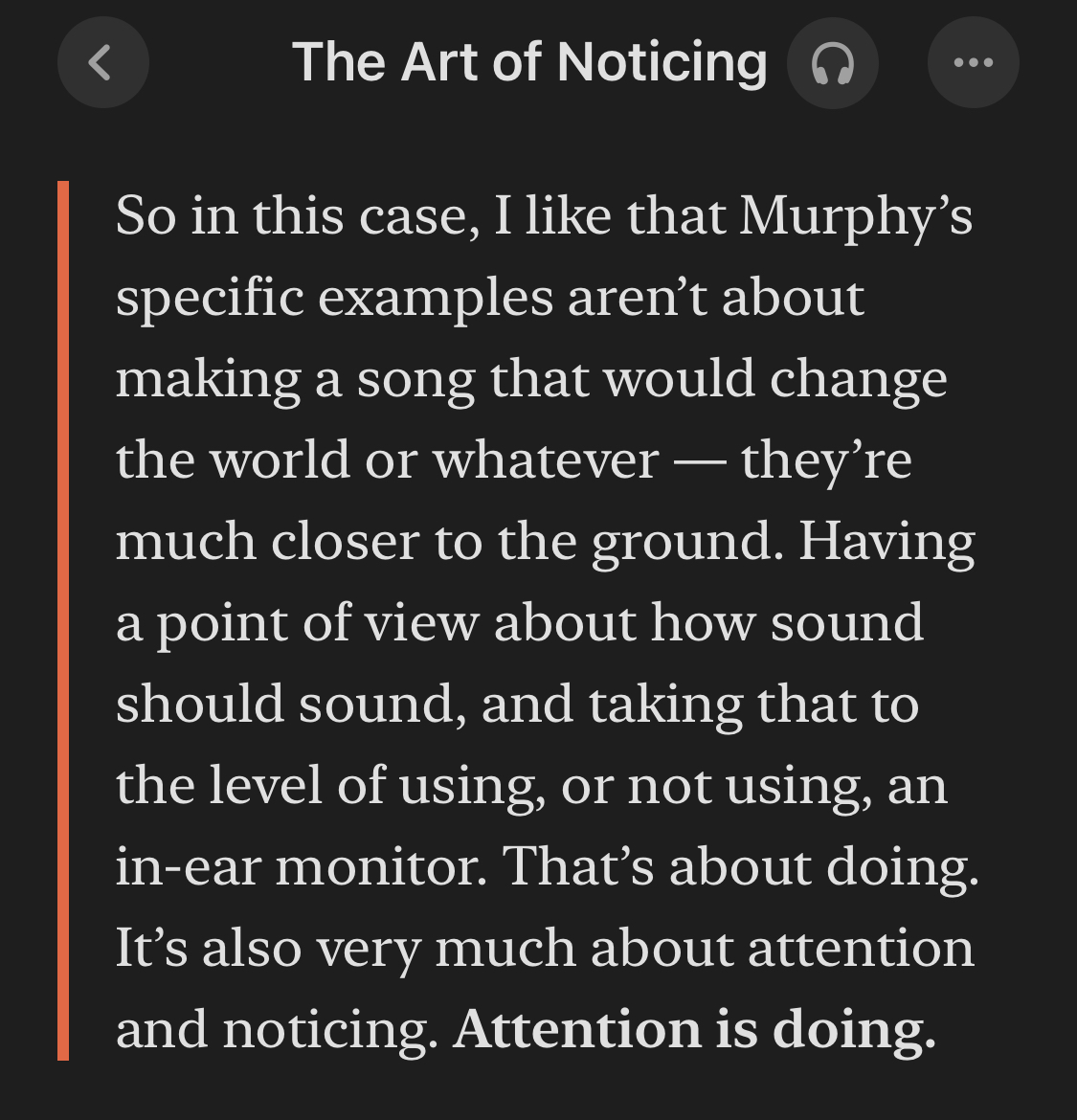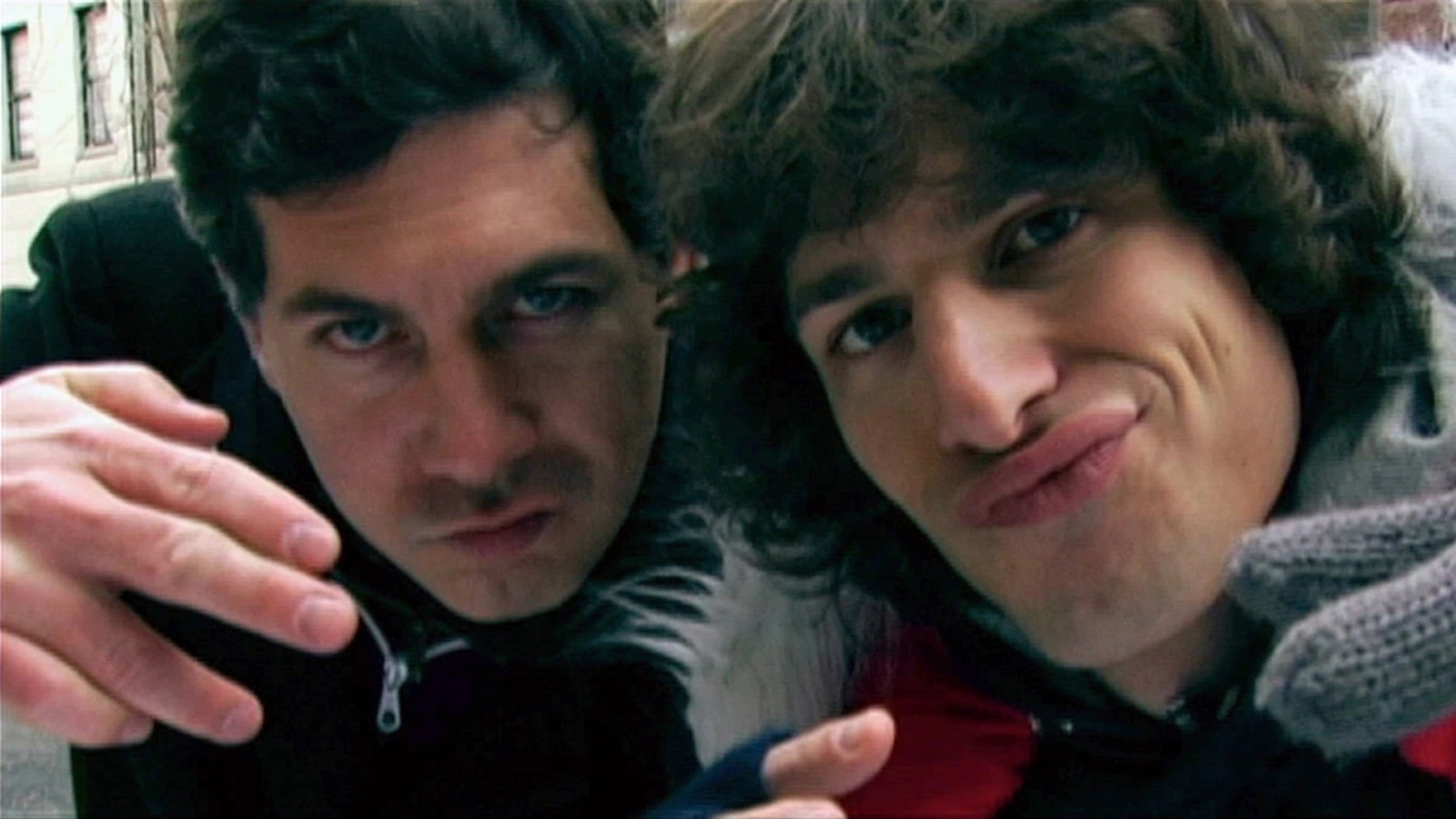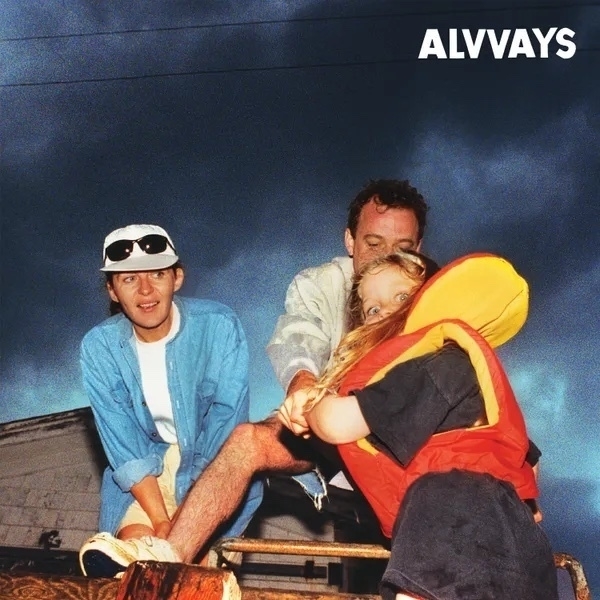My Substack is back. It’s unclear as to whether or not I’ll continue to use this space to stash short bits that may eventually end up at the newly-branded the quiet game.
“It is as if we were on a moving treadmill; satisfaction from success lasts but an instant. We can’t stop to enjoy it; if we do, we zip off the back of the treadmill and wipe out. So we run and run, hoping that the next success, greater than the last, will bring the enduring satisfaction we crave.”
- Arthur C. Brooks, Strength to Strength
Currently reading: Finite and Infinite Games by James P. Carse 📚
Currently reading: Brave New World by Aldous Huxley 📚
Gratitude For Gratitude
It only took a day for me to notice it - after my first round of classes at my current position in 2019, nearly all of m...Daniel Coyle, in David Epstein’s “Range Widely” newsletter:
“All of which spotlights something important: safety is not about wrapping people in fleece and making them comfortable. Rather it’s about creating conditions where you can be uncomfortable together. Where minority viewpoints are unafraid to speak up and be heard. So on a deeper level it’s really about curiosity and humility. In great groups, people aren’t behaving like rugged individualists; to the contrary, they’re always looking for opportunities to give and receive help.”
Also:
“All of which speak to a larger point: that the heroic-genius model of leadership is outdated. The world today is so complex and fast-changing. Believing that a single human can be massively smarter and hungrier and more creative than everyone else is sort of like believing in Bigfoot. Accordingly, most of the great groups I’ve studied aren’t led by heroic geniuses, but rather by teams of humble leaders who collaborate, listen, and, above all, learn from their mistakes.”
“But these long-haul people, they find a thing they want to do, that needs doing, that they do well, and they do it for the rest of their lives. We adore our flashing heroes, but these long-haulers we deeply love. I think they seem necessary to our continuance as a society, that human communities are worth the effort. I think they’re necessary to our sense of meaning as humans, that we ourselves are worth the effort. We count on these people, they’re keeping it all going, the only thing stopping them is death.”
Continuing this thread about walking: I am experimenting this week with focusing my exercise regimen around three 15-minute walks per day. They typically break up my preps, with the third walk sometimes occurring after I’ve finished by 70 minute commute home.
For years I’ve been able to consistently exercise every weekday morning, which usually consisted of 20 minute rides on my Peloton bike, but I’ve had far less desire to do this ever since I firmed up the walking habit. I know that there is dimishing returns for a large amount of exercise time, and 45 minutes per day seven days a week means I’ve got cardio covered.
Instead, I’m focusing now on strength training, three sessions of 20 minutes weekly, as recommended by this article in the New York Times. I can’t help but kick myself now over my ignorance regarding strength training, believing that it was just for people who wanted to visibly flaunt their muscles. The closer I get to 40, the more I realize how vital these efforts will be if I want to keep feeling this good further into my teaching career.
The “experiment” poses the question that, if I do a mostly decent job of eating right, will my weight trend downwards? My current weight is 30 pounds lighter than my heaviest point before taking my current position in the Summer of 2019 - but, I had made it almost 20 pounds lower before settling sometime in 2021 (I held off the pandemic weight as long as I could). I lost this weight by exercising EVERY day initially while also being QUITE vigilant about what I ate. The exercise is a shift but the eating is…a little more lax.
I hope to find that this walking regimen is enough to slowly put my weight into a downward trend (or, at worst, maintain where I am), because it has been so beneficial to me in other ways, and I don’t see myself stopping now.
